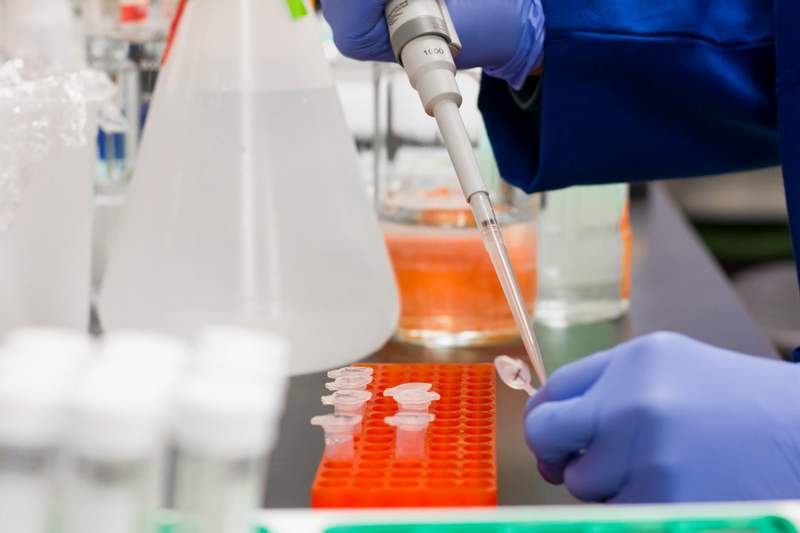Laboratory tools and equipment don’t come cheap. And making sure your machines are all in top shape is a must, whether you’re managing a science lab at school or a clinic. Yes, availing of routine maintenance for your facilities is the key to preserving your devices. But giving relevant training to your staff on how to handle the equipment effectively is equally important. Doing this is worth it for a lot of reasons.

Lab Equipment Training: Why Does It Matter?
A lot of analysis, diagnostics, and experiments happen inside the lab. And lab effectiveness should be upheld for the results to be reliable. This can be achieved if the laboratory team is well-trained in using the equipment in the first place. Hence, training is highly recommended due to the following compelling reasons:
A. Safety
When handled incorrectly, chemicals and machines could pose serious health risks. Specifically, burns, suffocation, fire, and contamination are some of the common accidents that happen inside a lab.
Don’t compromise lives and properties. Before allowing people to use the machines, contact the manufacturer first for training. Label the equipment and chemicals properly. Use fireproof cabinets as storage options for flammable chemicals. And don’t allow eating and drinking inside the lab.
B. Equipment Longevity
Well-maintained equipment lasts longer. Yes, machines might have a set lifespan. But you can significantly prevent early signs of wear and tear if the machines are maintained and used properly. You can also maximize your facilities. Ultimately, you can avoid unnecessary expenses on untimely replacements and repairs.
C. Lab Results Quality
Even high-tech laboratory equipment wouldn’t be able to produce reliable results without usage efficiency. By conducting training on usage, your team will be able to make the right input and produce accurate numbers, statistics, and findings. And this is crucial for patients in the hospital or clinic setting and for researchers in the academe.

Training with the machine manufacturer is a must to help your team gain in-depth knowledge about the devices. It also helps to keep multiple copies of the manual inside the lab.
Usual Inclusions of Lab Equipment Training
Given the importance of lab training, it’s also wise to know how to tell if you got or signed up for comprehensive and useful training. Specifically, the drills should include the following:
- Calibration – This refers to adjusting the instruments to the industry standards. Failure to calibrate equipment could lead to inaccurate data, which is disruptive to analysis and experiments. Calibration should be done regularly. Hence, your team needs to know how to do this task to keep the lab equipment sharp.
- Repairs and Refurbishments – Faulty machines don’t always have to be set aside for disposal. Refurbishment and repairs are effective ways to recover these items. Training on repairs might include preventing problems and troubleshooting. Meanwhile, workshops on refurbishment might include dismantling components for re-lubricating, polishing, and replacing parts.
- Quality Replacements – Faulty machines might just need new parts for them to be functional again. But installing new components could be challenging, or worse risky, without proper training. Aside from knowing how to set up new parts, your team should also be able to pick quality replacements from reliable makers.
- Cleaning – Dust and dirt can easily settle between the gaps of equipment components, as well as in the nooks and crannies of the lab. Eventually, these elements could hasten the signs of wear and tear of the equipment. And the next thing you know, your tools and machines are already malfunctioning. Cleanliness is the key to preventing early signs of damage. It would greatly help in maintaining the top shape of the facilities if your team knows how to wipe and sanitize the equipment and the lab.
Contrary to what many people believe, the laboratory isn’t actually a dangerous place. It’s just a matter of making sure chemicals and equipment are handled properly. And training is the key to upholding safety inside this area of the clinic or school.
Proper training is an effective way to prevent a lot of inconveniences inside the lab, be it in terms of results, machine functionality, or safety risks. This is also a way to uphold the morale and overall wellness of the people who will frequent the lab to do experiments, analysis, and testing.

